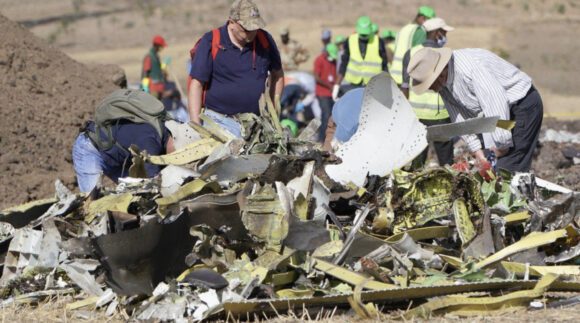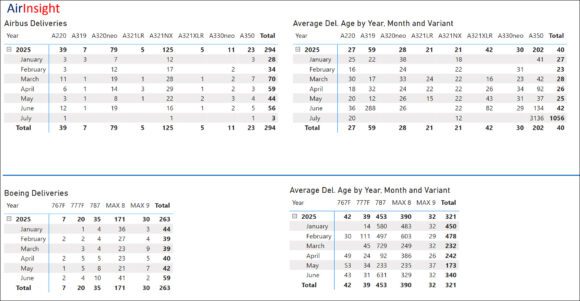One of today’s best panels was titled the “Fleet Managers” and moderated by Helane Becker from Cowen & Co. On the panel were Nathaniel Pieper from Delta, Jude Bricker from Allegiant and Jose Yunda from Avianca.
Mr Pieper started off by telling the audience that Delta is still interested in used aircraft. (He joked that Delta and Allegiant together accounted for the world’s biggest used airplane buyers). Used aircraft offered excellent ROI and ensured a strong balance sheet. (It helped Delta’s results reported today were so good) Low fuel costs have offered further support to the decision by Delta not to buy new aircraft at the same level as other airlines. This strategy will continue to play at Delta. The airline’s fleet plan is driven by matching aircraft to routes. He used the 717 as an example – Delta frequently makes use of the 717 to replace two 50-seaters. This has kept costs low but optimized their fleet and exploited the up-gauge. The 717 is great for flights from their hubs out to 700 miles. Delta replaces interiors every 7-9 years and they can quickly react to market changes. Since so much of their fleet is “written down”, aircraft can easily be taken out of service if necessary. For example a 25+ year 757 coming up for a major check is retired rather than spending the capex. But with low fuel costs now, Delta will keep its fleet strategy as is. Because they buy for cash, the airline will look at opportunities as they come along. Its decision on the A330neo was based on the aircraft’s range which is ideal for trans-Atlantic service. It also works from Seattle to Asia, plus the A350-900 is a great replacement for the 747-400.
Mr Bricker followed by telling the audience that they also like used aircraft. But the low fuel prices might mean they increase MD-80 utilization because they can now produce seats at low costs and in line with their low fares. He also noted that they are buyers for A320s at ~$12m. If they can’t get their price, they step back from the market. Aircraft get older every year and they are confident they will get what they want at the price they want. Any new aircraft would be looked at, but would have to be around this price point. (To general giggles from the audience) Currently there is little opportunity to buy at these prices. Since they are spot market buyers, they are opportunity driven. They buy when it suits them and standardize cabins. They also don’t mind what engines the aircraft have – but do standardize the APU, wheels and brakes. Pilots are cross trained to operate any flight deck the airline flies. Allegiant has found capital markets accessible to fund any fleet opportunities. Separately we learned the airline would like to build its fleet to 100 aircraft. But this growth would be done opportunistically. Their interest in the A319 peaks at 13 aircraft and they are looking at A320s going forward.
Mr Yunda explained that his airline is not operated the same way as the two US carriers on the panel. Bogota, their home base, has certain challenges they must overcome – principally the fact that is is hot and high. This means they like the new aircraft coming because they offer the performance needed. Avianca is not influenced by the short term fuel advantage. New aircraft will offer better MRO costs, and crucially, the cargo capacity they need. As he joking pointed out, his countrymen don’t so much travel as “move”. The airline has to carry extraordinary sizes and amounts of luggage. His countrymen love to shop and Avianca has to carry all this home. At Bogota the airline has to deal with one of the airport’s two runways being closed from 10pm to 5am. It doesn’t help that this is the preferred runway. Consequently Avianca likes aircraft with lots of performance. The 787 fits with their requirements because it has great performance. Avianca, being uninfluenced by current low fuel costs, want their new aircraft as soon as they can get them. In December they took delivery of four 787s.
Views: 2



